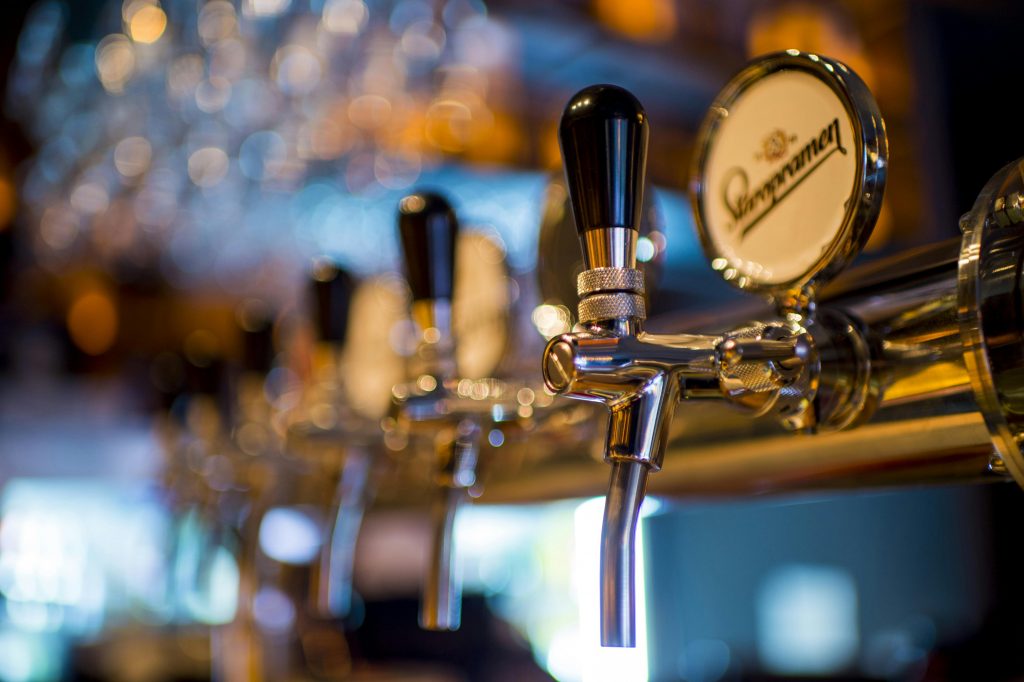Texarkana Puts New Restrictions on Public Drinking in Entertainment District

News outlets report the Texarkana Board of Directors voted to place new restrictions on public drinking in the city’s “entertainment district” at its first meeting of 2026.
Act 812 of 2019 let cities create “entertainment districts” where alcohol can be carried and consumed publicly on streets and sidewalks. These districts can be either permanent or temporary under the law.
After Act 812’s passage, El Dorado and Texarkana were among the first cities to authorize public drinking under the law.
However, at its January 5 meeting, the Texarkana Board of Directors implemented new restrictions changing the entertainment district’s boundaries, requiring businesses in the district to close by midnight, and preventing people from bringing in alcohol from outside the district.
KSLA News quoted Kristen Schultz with the Texarkana Arkansas Police Department as saying, “We have had for one a lot of outside underage drinking come into the district. We have also had a lot of loitering and prowling in front of the businesses creating large crowds and often large disturbances among the patrons.”
Unfortunately, Texarkana is not the only city that has encountered serious problems from public drinking in its entertainment district.
In 2024, the El Dorado City Council voted unanimously to shut down its entertainment district due to ongoing problems with fighting, vandalism, and other disorderly behavior.
As we have said for years, public drinking is a scourge on the community.
It raises serious concerns about drunk driving and public safety.
Public drinking doesn’t attract new businesses, bolster the economy, or revitalize Main Street. It hurts neighborhoods and families. It simply does not belong in Arkansas’ communities.
Articles appearing on this website are written with the aid of Family Council’s researchers and writers.




